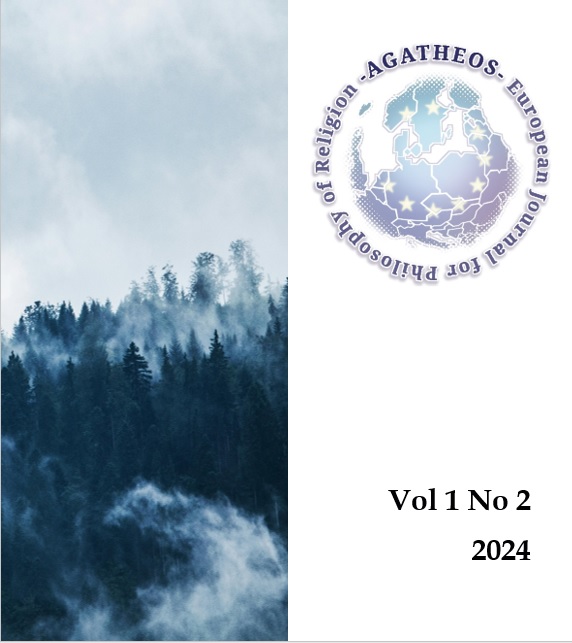The Problem Of Evil For Buddhists: Developing Transcendental Responses
DOI:
https://doi.org/10.69574/aejpr.v1i2.23059Keywords:
Buddhism, Problem of Evil, value, nagasawaAbstract
Many Buddhists tend to think that the world is overall, a good state of affairs, and that life is worth living. However, Yujin Nagasawa points out that there is a mismatch between the positive value one puts on the world and the Buddhist's metaphysics. Buddhism endorses the impermanence thesis which roughly states that all things exist only momentarily. And it’s the impermanent nature of reality that, at least in part, leads to significant suffering in the world. If impermanence is a fundamental feature to reality, and, if suffering is primarily linked to the impermanent nature of reality, how can one consistently give an optimistic assessment of the value of the world? In this paper, I come to the aid of the Buddhist and point to how she might develop her own response to this problem.
Published
How to Cite
Issue
Section
License
Copyright (c) 2024 tyler mcnabb

This work is licensed under a Creative Commons Attribution 4.0 International License.
Authors of content published in the AGATHEOS retain the copyright to their works.
Articles are published under the terms of a Creative Commons CC BY 4.0 license, which permits use, downloading, distribution, linking to and reproduction in any medium, provided the original work is properly cited.



